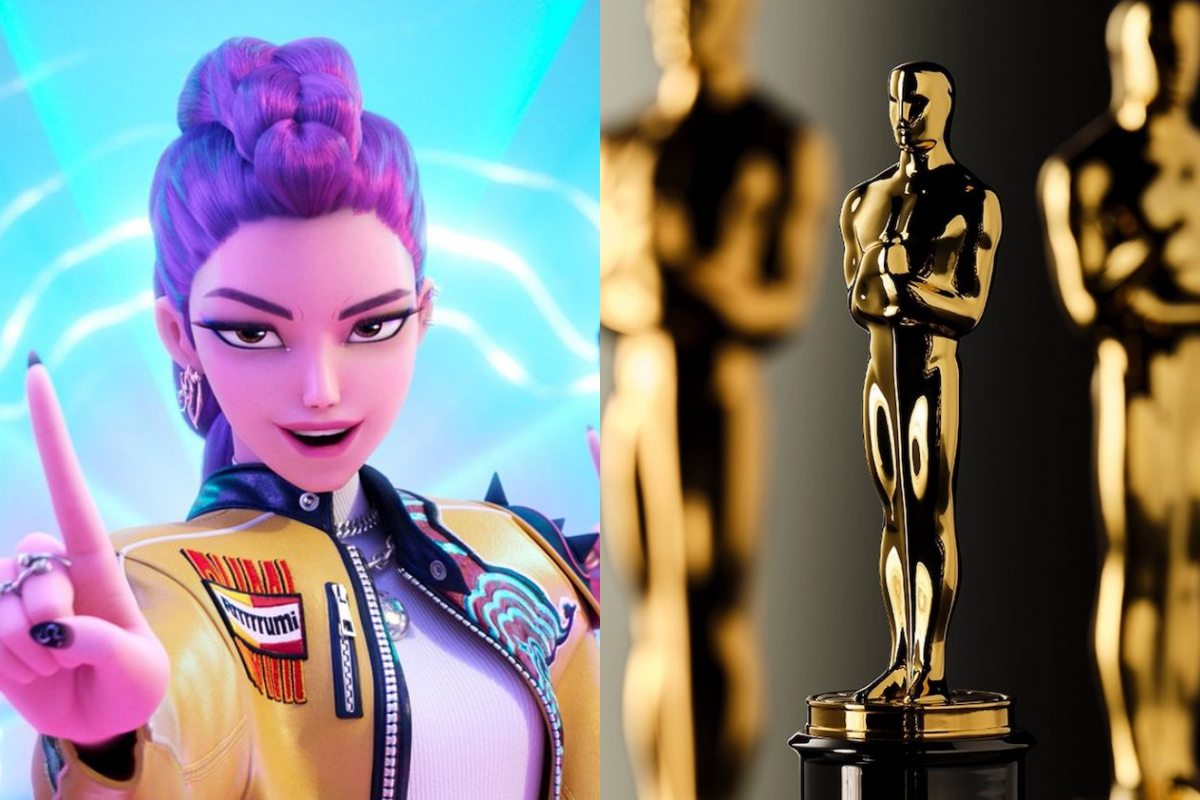‘KPop Demon Hunters’ edges toward the Oscars after Netflix and Grammys run

Animated K-pop hit joins crowded awards race
After dominating Netflix charts and landing a surprise haul of Grammy nominations, animated feature “KPop Demon Hunters” has moved one step closer to the Oscars. The film now appears on the Academy’s official list of titles eligible for the animated feature category, confirming that its limited theatrical run met the rules for consideration despite a Netflix-first release. For fans, the news caps a breakout year in which the movie became the platform’s most-watched original film, amassing hundreds of millions of views and spawning a sequel already slated for ২০২৯. Music from the film, led by the single “Golden” by fictional group Huntr/x, has also turned into a chart fixture.
Industry executives say the project has become a case study in how tightly integrated music and storytelling can fuel a K-pop–inspired franchise even outside traditional idol groups. “Golden” is up for several major Grammys – including Song of the Year and Best Pop Duo/Group Performance – while the soundtrack as a whole has stayed on the Billboard 200 for weeks. That momentum now rolls into film awards season, where “KPop Demon Hunters” will compete with Disney sequels and festival darlings for attention. The movie blends familiar K-pop tropes—training, fandom, stylized choreography—with supernatural action and a light-touch message about friendship and identity, making it accessible to teens far beyond core K-pop fandoms.
K-content power and what an Oscar nod would signal
For Netflix, the film’s performance reinforces its bet on Korean and Korea-inspired content as a pillar of global growth, following live-action hits from K-drama to reality shows. An Oscar nomination – or win – would not only be a milestone for the creators but also a signal that K-pop aesthetics have crossed yet another threshold in mainstream Western awards spaces. Executives quoted around the project note that, unlike real-world idol fandoms, this fictional group avoids inter-fandom wars and label politics, giving viewers a “pure” space to enjoy the music and story. That makes the brand easier to extend into games, merch and spin-off series without the volatility that can surround real stars.
For the wider Korean entertainment ecosystem, awards recognition would add to the soft-power narrative built by everything from boy bands to streaming dramas. It could encourage more studios to invest in animated projects that sit between anime, Western CGI and idol storytelling, rather than treating K-pop only as live-action performance. At the audience level, the film’s success shows that global fans will embrace K-inspired stories even when the stars are drawings, not real singers. As awards season unfolds, “KPop Demon Hunters” is set to be a key test of how far K-content can stretch—from Spotify playlists and TikTok edits to Hollywood’s most guarded red carpets.












